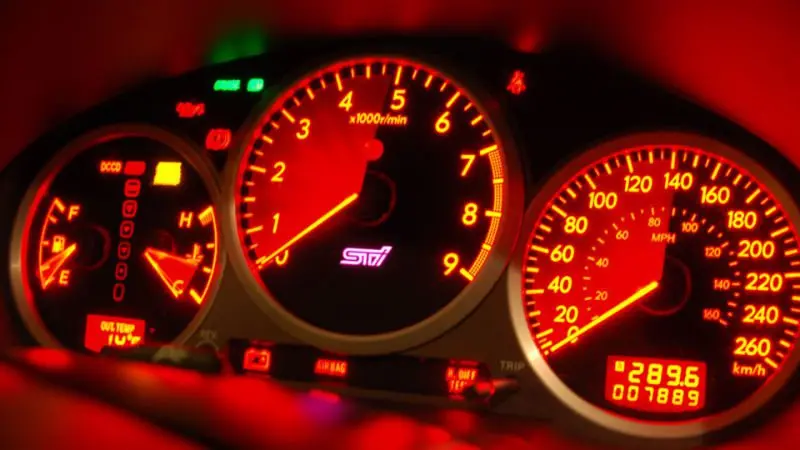
High fuel consumption? Find out the reasons!
A hot topic for all car owners will always be the question of a car's fuel consumption. Every car enthusiast has always wanted the motor's appetite to be less. We will try to tell and explain a little about what factors affect this parameter of the car, and what can be done to reduce this indicator.
There are many factors that directly or indirectly affect fuel consumption, and below we will consider the main ones.
Causes of Increased Fuel Consumption and Troubleshooting Tips
- Fuel quality directly affects the amount of consumed gasoline or diesel fuel. Surely each of the car owners noticed that at different gas stations the quality of gasoline can be very different and fuel consumption is natural too. It is better to refuel only at proven gas stations, the fuel quality of which you have already seen from your own experience.
- Driving style also plays a very important role. If, during intensive driving, gasoline seems to fly out into the pipe, then at a calm pace of driving, fuel consumption is as close to the minimum as possible. Take for example a VAZ 2110 with a conventional 1,6-liter engine: at a speed of 90 km / h, the consumption will not exceed even 5,5 liters, and at a speed of 120 km / h, this figure will increase sharply to almost 7 liters per 100 km of track.
- Tire pressure. If the tire pressure of your car is lower than normal by even a few units, fuel consumption can increase significantly. So, check your tire pressure constantly. You should also not pump tires, because your safety while driving depends on it. Too much pressure can cause poor road adhesion, resulting in impaired vehicle handling, which can lead to unexpected consequences.
- Seasonality of installed tires. Here, I think everyone knows that winter tires consume more fuel than all-season or summer tires. Especially if rubber with metal studs, since the grip of metal studs on the road is much lower than that of rubber.
- Weather also have a significant impact on fuel consumption. Headwinds or crosswinds can increase your vehicle's fuel consumption by several liters / 100 km. Rain and snow also resist the movement of the vehicle, which negatively affects fuel consumption.
- Engine oil quality... It's no secret that when using low-quality engine oil, fuel consumption can also be significantly higher than the norm. And do not forget to change the engine oil during the time.
- Malfunction of the ignition system or power supply system... If the ignition timing is incorrectly set, the engine will not work as it should, intermittently, will triple or start poorly, and this, in turn, will affect fuel consumption.
- Worn cylinders or piston rings... If the engine has been without major repairs for a long time, compression in the cylinders has disappeared, the oil consumption in the engine has increased, then the fuel consumption will also be increased. In this case, it will be possible to solve the problem only by repairing the engine.
Of course, these are not all the criteria for increased fuel consumption, but even from these eight points, you can understand what your car needs to reduce its fuel consumption. Keep an eye on your car, change all consumables, oil, filters, spark plugs, etc. during the time, and then everything will be all right.
